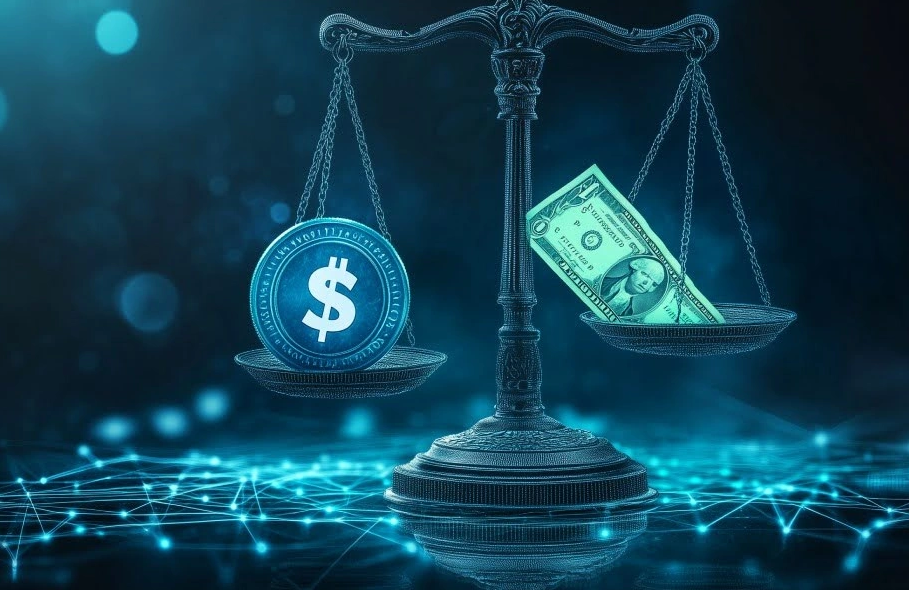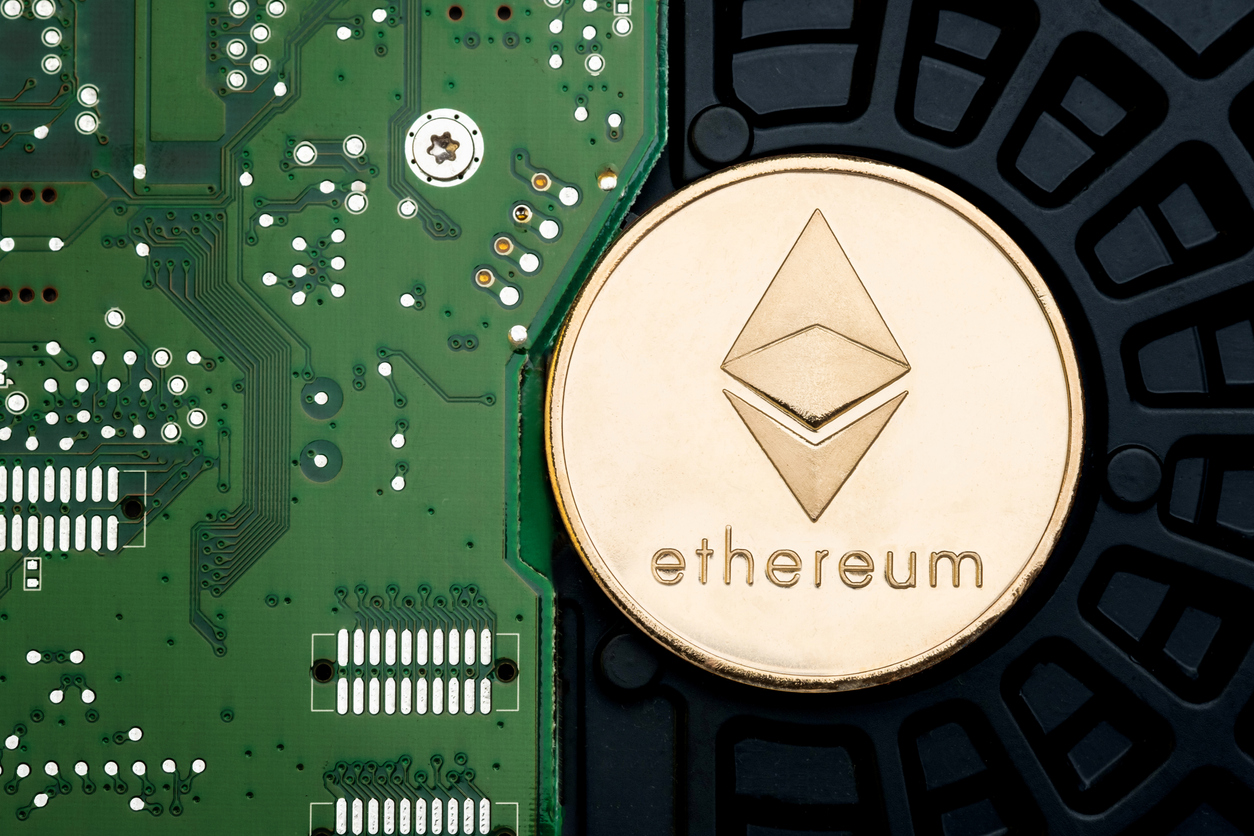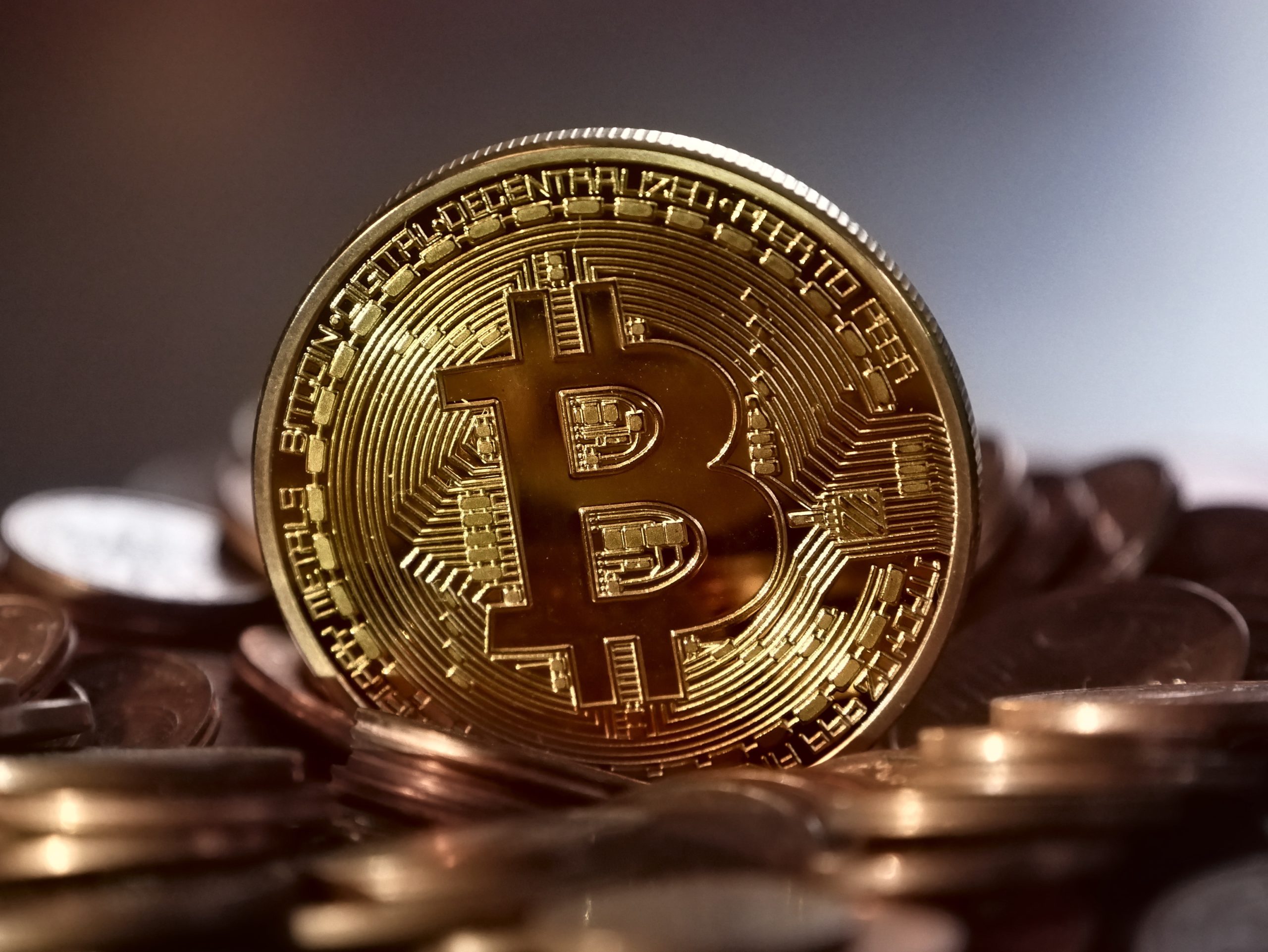Bitcoin mining has developed from being a peer-to-peer recreation activity to a manufacturing alternative. With the growing number of users taking interest in cryptocurrencies worldwide, the industry is at the economic meeting points, regulation, and innovation. The future of Bitcoin mining is not entirely dependent on progress in technology but on its capacity to adapt to a new regulatory network and power usage profile.
How Bitcoin Mining Has Transformed Over Time
When Bitcoin started becoming available, desktop PCs and continued central processors were able to mine. With growing network problems and rivalry, the miners have started to use more developed graphics processors. Application-specific integrated circuits (ASICs) later came along as the next big step, making computing faster and more efficient. With time, mining operations developed more centralized and bigger in size, leading to warehouse-scale mining farms in areas around affordable power sources. This is a general incident in most advanced mining.
Advanced Landscape of Bitcoin Mining
At present, only mega-scale mine operations are available with manufacturing infrastructure and machinery. Rivalry in today’s business is based on geography, hardware performance, and power price. The 2024 Bitcoin block reward cuts made miners focus more on saving costs and finding new ideas. To stay competitive, miners have had to use technology that relies on data, like tracking performance in real-time and modelling energy use, as their profits continue to shrink.
The New Era of Mining: Opportunities Leading the Change
Bitcoin mining is continuously progressing. Many game-changing opportunities are arising that are changing the way mining works and how long it will last.
One of the main trends is the shift towards using cleaner energy. Miners are keen to choose hydro, solar, and wind power to reduce their reliance on fossil fuels and avoid environmental concerns. Regions with access to clean energy are attracting new investments in infrastructure, focusing significantly as a top priority.
Major Challenges Experiencing Bitcoin Mining
In addition to opportunities, the mining industry also experiences rising obstacles that continue to appear. Price instability is going to be at the head of the obstacles. The price instability of Bitcoin has a quick effect on financial gain and adds to unpredictability in investment frameworks and monetary policy.
Environmental and Regulatory Changes
The environmental impact of mining has become a growing concern. The use and release of carbon have raised worries, leading to calls for cleaner methods. In response, some countries have banned or limited mining, especially in areas where energy shortages or environmental issues are most serious.
Tech-Driven Transformation in Mining
Technology remains at the driving force amid the rise of mining. Some amazing new trends are coming from advanced cooling system designs. One of them uses liquid to completely cover the equipment, which greatly boosts efficiency and cuts down on damage and repair costs. Leading miners are starting to use this technology more so they can reduce downtime and make their equipment last longer.
Bitcoin Mining: The Path Forward
The future of Bitcoin mining will be decided by the industry’s ability to maintain balanced profitability, significantly, and network control. Starters who search for clean sources of energy will succeed. During the same period, regulatory supply continues to control where and how mining will begin.
Conclusion
Bitcoin mining is no longer just a specialised technical field but is now a growing and changing part of the global economy. It faces new challenges and exciting opportunities as it becomes the place where new ideas, rules, and energy changes come together. The future of Bitcoin mining will be shaped by people who are good at quickly adjusting and who focus on being efficient, sustainable, and decentralised.
Read also:- XRP Battles Key Resistance – Is a Trend Reversal on the Horizon?
Disclaimer: We at Bitcoinik.com present you with the latest information in the crypto market. However, this information should not be regarded as financial advice, and viewers should consult their financial advisors before investing.

















 English (US) ·
English (US) ·